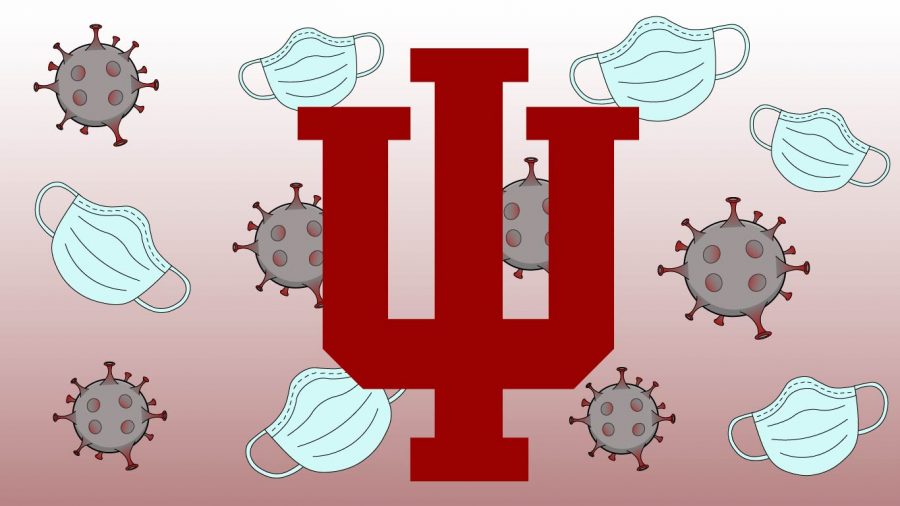Goodbye Greek Life
Indiana University urged fraternity and sorority houses at its Bloomington campus to shut down as the cases for COVID-19 rise. Due to the nature of communal living in Greek housing, in which there are shared bathrooms, common living spaces, sleeping and dining areas, and a high density of residents, the university spoke out of how fast COVID-19 is likely to spread.
According to the university’s COVID-19 dashboard, at least five Greek houses are reporting positivity rates of more than 50 percent while one house experienced an 87.4 percent positivity rate, as of Aug. 31.
Greek life is a critical contributing factor to the university. According to Student Affairs, more than 8,000 members of Indiana University are involved in greek life on campus. For those students who live in the sorority or fraternity houses, they are recommended to move out and find an alternative place to live while schooling.
IU does not own the buildings and can only strongly recommend and enforce the closures, yet expects the national organizations for each house to assist students in making decisions for alternating living arrangements.
“[In order] to ensure they can continue on their academic journey,” Indiana University said.
In an NBC interview on Sept. 2, NIAID director Anthony Fauci spoke out against the closure of the houses, as he believes that forcing students to return home will increase rates.
“Keep them at a university in a place that’s sequestered enough from the other students, but don’t have them go home, because they could be spreading it in their home state,” Fauci said.
Several other universities around the nation are confronting COVID-19 closures as well, and more information is to come about the future of sorority and fraternity houses as the year progresses.








